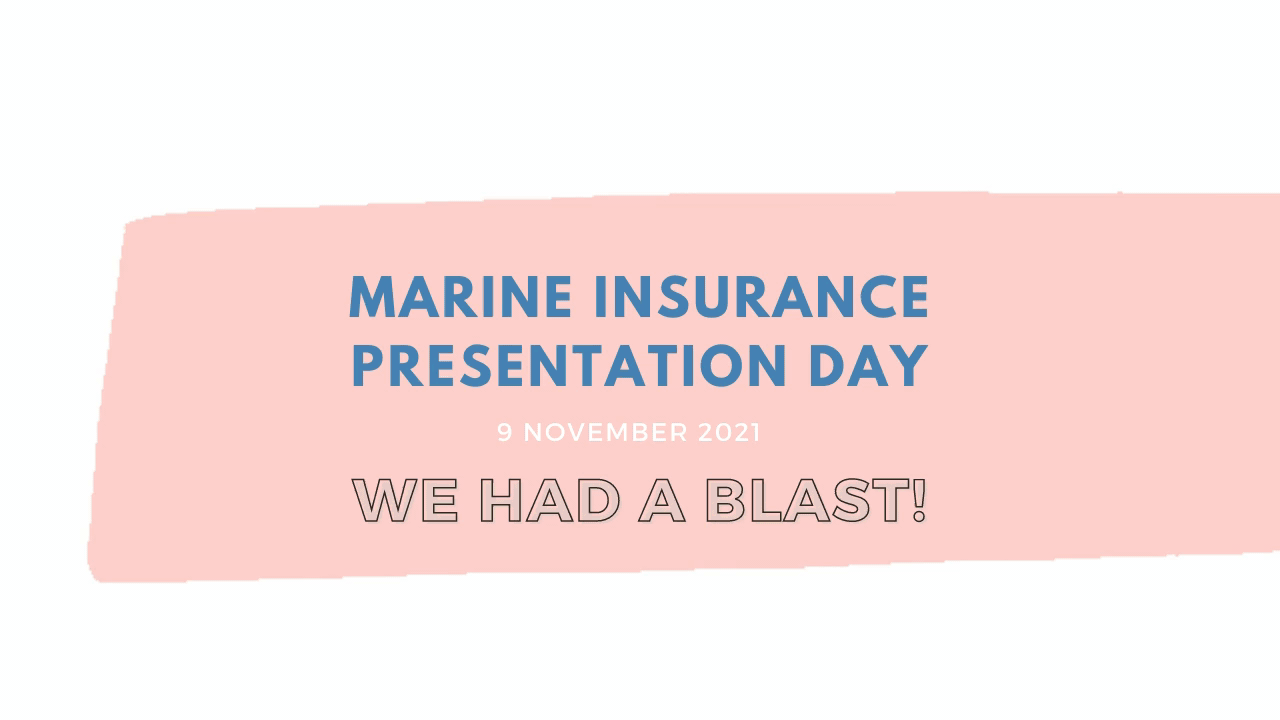ACT OF GOD
Something that happens because of natural causes, without any human interaction, impossible to predict or prevent.
ADDENDUM
A document that confirms the changes agreed to an insurance policy.
ADDITIONAL PREMIUM
An extra payment you make because your policy has changed, for example there’s more risk or you’ve added more cover.
ADJUSTER
An expert who investigates and assesses claims for insurance companies.
AGGREGATE LIMIT OF INDEMNITY
The maximum amount your insurance company will pay under a policy for all the claims made in a specific time period.
ALL RISKS
Broad insurance covering everything that isn’t formally excluded from a policy.
ASSURANCE
‘Insurance’ is used for non-life policies, ‘assurance’ describes life insurance. You can’t ‘insure’ someone’s life because death is a certainty, but you can ‘assure’ payment when someone dies. These days the word ‘assurance’ is usually only used by the insurance industry.
AVERAGE
When you’re under-insured, the ‘condition of average’ means your insurance company will only pay the claim amount covered by your premiums.
CANCELLATION
Cancelling a policy before it is due to end. In most cases you will get back any extra premium you have paid – you don’t pay for cover you no longer have.
CERTIFICATE
A document that proves you’ve bought insurance.
CLAIM
You suffer a loss or injury that your policy is designed to compensate for, and you formally let the insurance company know about it.
CONCEALMENT
When you deliberate keep an important fact secret from your insurance company. Concealing facts usually means your policy won’t pay out and can be cancelled by the insurance company.
COVER NOTE
A temporary document confirming details of your cover, given to you before the policy documents are ready so you can prove you have bought insurance.
DEDUCTIBLE
Also called an ‘excess’, a deductible is the amount you choose to pay yourself. If you need to claim, you pay the deductible and the insurance company pays the rest.
DEFERRED PREMIUM
Paying for your insurance in instalments.
ENDORSEMENT
Either extends or restricts your cover, or asks you to behave a certain way. There might, for example, be an endorsement that means you can’t claim unless your premises are always securely locked, or your car is always kept in a garage.
EXCESS
The same as a deductible.
EXCLUSION
Wording in your policy that excludes certain risks or circumstances, for example excluding flood cover for a building that regularly gets flooded.
EX-GRATIA PAYMENT
A payment made by an insurance company as a favour, an ‘act of goodwill’ made when they would normally refuse payment.
GROSS PREMIUM
The amount of premium you pay before any discounts and broker fees.
HAZARD
Something physical or moral that increases the risk of a claim.
INCEPTION DATE
The date your cover begins.
INDEMNITY
The way insurance returns people to the exact same financial position they were before their loss happened.
INDEMNITY PERIOD
The amount of time a policy will pay out – for example a business interruption claim might pay for 4 weeks of interruption.
INSURABLE INTEREST
You can’t insure something you don’t have an ‘insurable interest’ in. For example you can’t insure someone else’s car, house, or business.
INSURABLE VALUE
The maximum amount paid out by an insurance company when there’s been a total loss or the insured item has been destroyed.
INSURANCE BROKER or INTERMEDIARY
An insurance intermediary advises clients and arranges cover, acting as an official agent for one or more insurance companies.
INSURED and INSURER
The ‘insured’ is the person whose property is insured or whose name is on the policy. The ‘insurer’ is the insurance company.
LAPSE
Your policy lapses if you don’t renew it.
LIMIT
The insurance company’s maximum claim payout, which could either per accident, per event, per occurrence or even per year / per annum.
LOSS
Another word for ‘claim’.
LOSS ADJUSTER
An independent expert who makes sure claims are accurate and claim payments are fair.
LOSS ASSESSOR
An expert who acts for the claimant, negotiating the claim for a fee.
MATERIAL FACT
A fact that will influence the insurance company’s decision about accepting or turning down a risk, or setting the premiums, terms and conditions. You must always disclose material facts. If in doubt, disclose everything!
NEGLIGENCE
Failing to do something a reasonable human being would do in the same circumstances, or doing something a reasonable human being would never do.
NEW FOR OLD
Where your policy pays the cost of property lost or destroyed without deducting any money for wear, tear and depreciation.
NO CLAIMS BONUS /NO CLAIMS DISCOUNT
When an insurance company reduces your premiums because you haven’t made a claim for a certain number of years. It’s mostly used in vehicle insurance.
NON-DISCLOSURE
When you or your intermediary doesn’t tell the insurance company something important they need to know.
PERIL
The same as a ‘risk’ – something that might either be covered by or excluded from your policy. Flooding, for example, is a risk, as is theft.
POLICY
Simply the document provided by your insurance company that details every aspect of your cover and the things it excludes, complete with a schedule and terms and conditions. It is legal evidence that you have insurance.
POLICY HOLDER
The person whose name is on the policy.
POLICY SCHEDULE
A document giving you information about the period of insurance, the sections of the policy that apply to you, and any excesses/deductibles or endorsements.
POLICY SUMMARY
A document giving you a summary of the policy, any significant benefits, plus important exclusions and limitations.
PREMIUM
The money you pay for your insurance policy, usually monthly instalments or an annual lump sum.
PROPOSAL FORM
The form you fill in and sign to give your insurance company the information they need to give you a quote and provide cover.
QUOTE/QUOTATION
The amount you’ll pay and the terms of your contract.
REINSTATEMENT
Meaning ‘making good’, reinstatement is where your insurance company allows you to rebuild or restore something instead of paying you a sum of money. You arrange for the work to be done, then the insurance company pays for it.
RENEWAL
The formal process of keeping your insurance policy going, usually for another year. The renewal date is the date your old policy ends and the new one begins.
RENEWAL NOTICE or INVITATION
A renewal notice reminds you or your intermediary that renewal is approaching. It includes details of your new premium, which might be the same, more, or less than the previous year.
RISK
The things you insure against – also called ‘perils’.
RISK MANAGEMENT
Identifying, measuring and controlling the risks you face as a business.
SALVAGE
Recovering some or all of the value of an insured item you’ve claimed for. Insurance companies can sell or scrap items, then use the money to help compensate for the cost of the claim.
STATEMENT OF FACT
Much the same as a proposal form, this is a formal record of the information you have given the insurance company, which they rely on to give you an accurate quote and decide on the terms they will offer.
SUM INSURED
The maximum amount you can claim for on a policy.
THIRD PARTY
Someone who makes a claim against an insured person. The ‘first party’ is the insurance company and the ‘second party’ is the insured person.
THIRD PARTY LIABILITY
The liability you, as the insured person, owes to people who are not employees and not mentioned in your insurance contract. For example, a business’s suppliers.
UNDERWRITER
A person who analyses the proposal form or Statement of Fact, and accepts the policy on behalf of an insurance company.
UTMOST GOOD FAITH
Everyone involved in the contract must clearly, accurately disclose every material fact that might affect the cover. If you don’t disclose everything, the insurance company can refuse liability and not pay your claims.
WARRANTY
A very strict condition in a policy. If you breach it, the insurance company can deny liability and refuse your claims.
WEAR AND TEAR
The amount the insurance company takes off a claim payment to allow for everyday wear and tear.
WITHOUT PREJUDICE
If there’s a claims dispute and the insurance company offers terms ‘without prejudice’, future correspondence can’t be admitted in evidence unless both parties agree to admit it.














